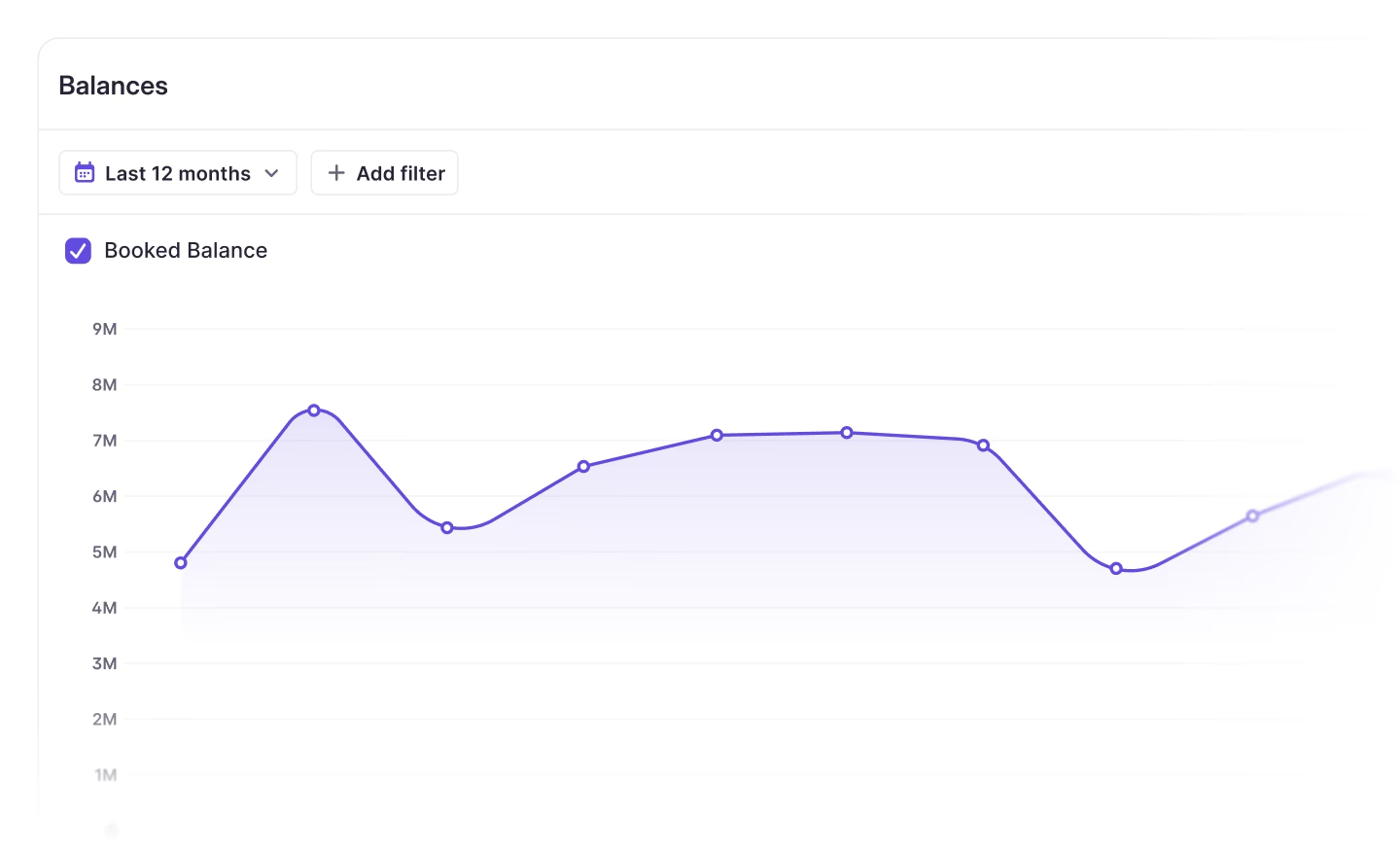What is cash pooling?
Cash pooling consolidates cash from all accounts and entities into a single account, and is a common practice at companies with multiple entities.

Introduction to cash pooling
Cash pooling is the act of consolidating cash from all your entities into one centralized account. It’s typically done by large businesses since they have multiple entities and accounts to manage. They also have the expertise and resources to implement the necessary structures, which can be fairly complicated.
Cash pooling benefits
Maintain better control over your cash flow
Managing the inflow and outflow of cash across several accounts or entities can be unwieldy. Cash pooling gives you a single view of your overall cash position.
Group loans to reduce borrowing costs
Cash pooling lets you consolidate your borrowing, providing economies of scale and putting you in a stronger position to negotiate lower bank fees and interest rates.
Ensure group liquidity
One entity may be sitting on a cash surplus while another is struggling to meet basic running costs. Pooling your cash allows funding to flow from one entity to another to ensure optimal liquidity across your business.
Consolidate investments for better returns
Similar to grouping loans, grouping investments allows you to make more significant investments with better returns.
Optimize interest earnings
Through cash pooling, you can maximize your interest earnings by holding the bulk of your funds in accounts or regions with higher interest rates.
Inform strategic decisions
Cash pooling gives your financial leadership team a 360-degree view of your business’ global cash position. This is vital for informing strategic decisions around budgeting and fund allocation.
Streamline operations
Cash pooling can keep your organization lean by streamlining tasks such as account monitoring, reporting, and forecasting. You’ll also lower the risk of errors associated with managing multiple accounts separately.
Mitigate risk
Cash pooling reduces the number of accounts subject to individual credit risk exposures. You'll reduce your exposure by consolidating funds into a central account with a trusted banking partner. That said, you will open your organization to other risks (see ‘Cash Pooling risks’ below).
How cash pooling works
Cash pooling works by aggregating cash from multiple accounts or entities into one place. There are several forms of cash pooling, each designed to meet specific business or regulatory requirements. The two primary forms are physical cash pooling and notional cash pooling.
Physical cash pooling
In physical cash pooling the balances of individual accounts are physically swept into your central account at the end of each day. This is a great way of ensuring liquidity across your business.
A common method of physical cash pooling is the zero balancing technique. In this case, each account is brought to a zero balance at the end of the day by transferring funds to (or paying deficits from) the central account. In this way, you don’t have idle cash sitting around and can meet your obligations without resorting to external financing.
Notional cash pooling
Notional cash pooling operates as a virtual pooling mechanism where cash balances are offset against each other. No funds are transferred but interest calculations are based on the net position of all your pooled accounts. This enables you to consolidate your cash position for reporting and optimizing your interest rates without having to move actual money around. So you don’t need the same level of infrastructure as physical cash pooling.
Notional cash pooling is typically used by multinational businesses with complex legal and tax considerations. They enjoy all the benefits of cash pooling without risking violating local regulations around inter-company lending or cash movements.
In some cases, a combination of physical and notional pooling is used. For example, you might have several physical pools (one for each currency) which are then combined into one notional pool.
How Atlar can help with cash pooling
Atlar lets you centralize all of your bank accounts and cash position in one platform, with built-in functionality to enable account grouping and entity management. You can easily assign accounts to your organization's entities and, using our cash positioning feature, view cash balances at an entity or group level.
To facilitate your cash pooling strategy, Atlar supports automated account sweeping. You can set up sweeping rules to automatically transfer cash from one account to another based on predefined thresholds. Monitoring alerts can also be set up to identify and take action on surplus cash balances and potential shortfalls.
If you're interested in learning more about how Atlar helps organizations with multiple entities and complex account structures, request a 30-minute platform demo.
You can unsubscribe anytime.
Further reading
See Atlar in action.
Enter your work email to watch a live product demo.


